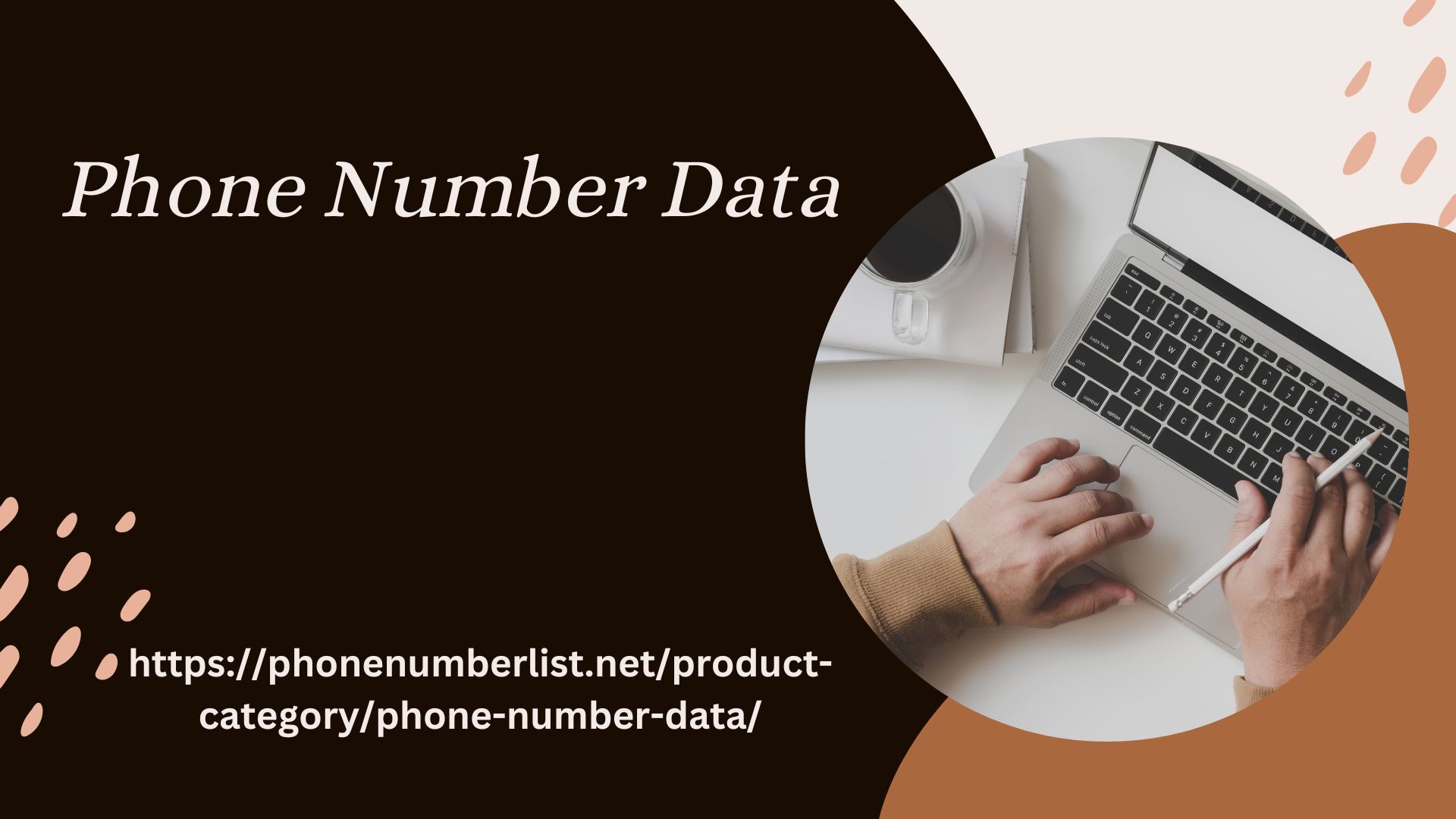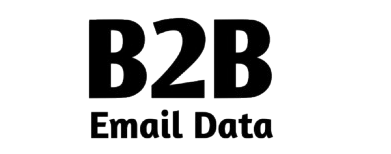Slovenia has a well-organized telecommunications infrastructure that is vital for both personal and business communications. Understanding the Slovenia Phone Number Library is essential for anyone looking to navigate the country’s communication landscape, whether for local use, international connections, or business operations.
Structure of Slovenian Phone Numbers
Slovenian phone numbers typically consist of 8 digits Slovenia Phone Number Data when dialed domestically. The format can be broken down as follows: The “0” is used for domestic dialing and is omitted when dialing from abroad. The first digit after the zero indicates whether the number is a mobile or landline service.
Key Mobile and Landline Operators
Slovenia has several major telecommunications operators, each with specific prefixes:
Telekom Slovenije: 030, 031, 040
A1 Slovenia: 070, 072
Telemach: 073, 074
Landline Operators: Landline numbers typically have area codes that correspond to geographic regions, such as:
Ljubljana: 01
Maribor: 02
Celje: 03
These prefixes are essential for identifying the operator associated with a number, helping users understand coverage and service options.
Importance of Phone Number Libraries
A phone number library for Slovenia serves several critical functions:
Validation: Ensures phone numbers conform to the expected format, enhancing data integrity for businesses and applications.
Categorization: Helps classify numbers by operator or type (landline vs. mobile), enabling targeted marketing and customer service strategies.

Geolocation: Assists in determining the geographical area associated with a phone number, valuable for local marketing efforts.
Use Cases
Businesses: Companies can utilize the phone Sweden Phone Number List Database number library for customer service, marketing campaigns, and account verification processes, ensuring effective communication with their audience.
Developers: Application developers can integrate phone number validation features into their products, improving user experience and reducing errors.
Researchers: Academics studying telecommunications can analyze data trends and user behavior based on phone number distributions, contributing to broader insights in the field.
Challenges
Despite its advantages, a phone number library also faces several challenges:
Number Portability: Slovenia allows number portability, enabling users to switch providers while retaining their numbers. This complicates efforts to track and categorize numbers accurately.
Fraudulent Activities: The rise of scams, such as SIM B2B Email Data card cloning and phishing, necessitates stringent verification processes to protect consumers and businesses.
Data Privacy: With increasing emphasis on data protection, handling phone number data responsibly is crucial to comply with regulations like the GDPR.

